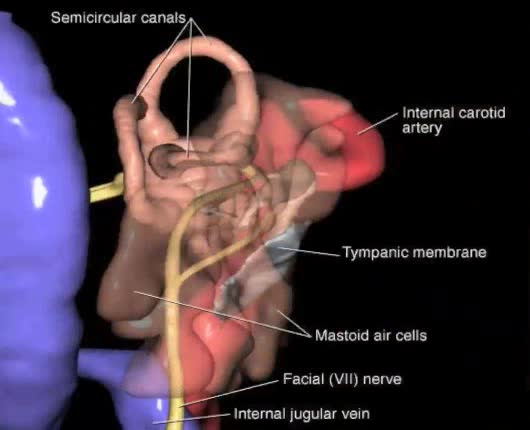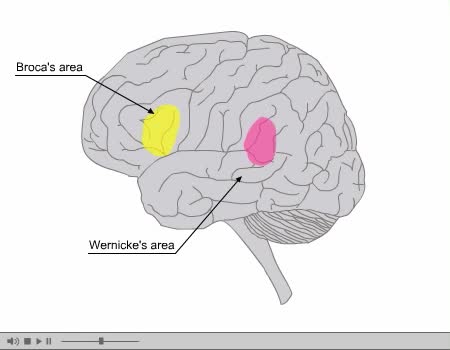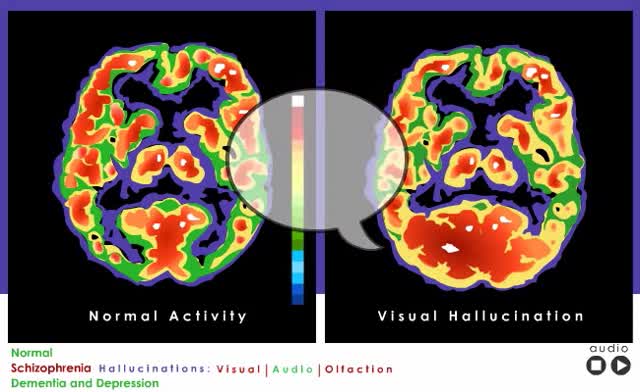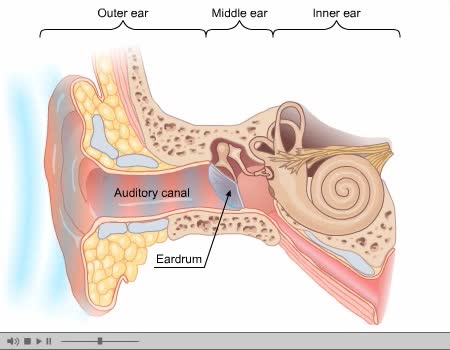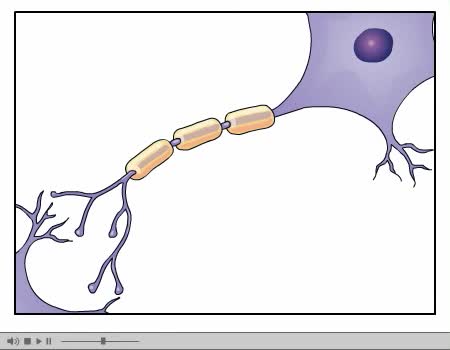Search Results
Results for: ''
By: Administrator, Views: 15952
The ear is generally described as having three distinct divisions, each with distinct functions: External ear Middle ear Inner ear The ear contains structures for both the sense of hearing and the sense of balance. Eighth cranial nerve: Also called the acoustic or auditory nerve. Carries...
By: Administrator, Views: 14587
Specific language areas of the brain. Many cortical (and non-cortical!) regions are involved in language processing. The primary language pathway begins in Wernicke’s area (posterior temporal lobe), which receives information from the auditory and visual cortices and assigns meaning (= lang...
By: Administrator, Views: 14328
Wound healing is a complex process in which the skin, and the tissues under it, repair themselves after injury. In this article, wound healing is depicted in a discrete timeline of physical attributes constituting the post-trauma repairing process.
By: Administrator, Views: 14274
How blood tests are performed by a professional nurse.
By: Administrator, Views: 14611
Positron Emission Tomography (PET) Computer-based nuclear imaging procedure that can produce three-dimensional pictures of actual organ functioning. Ultrasonography, Brain Use of high-frequency sound waves to record echoes on an oscilloscope and film.
By: Administrator, Views: 14462
The ear is the organ of hearing and, in mammals, balance. In mammals, the ear is usually described as having three parts—the outer ear, the middle ear and the inner ear. The outer ear consists of the pinna and the ear canal. Since the outer ear is the only visible portion of the ear in most ani...
Introduction to Human Immunodeficiency Virus (HIV)
By: Administrator, Views: 14345
Human immunodeficiency virus gains entry into helper T cells, uses the cell DNA to replicate, interferes with normal function of the T cells, and destroys the normal cells. 1 in 10 persons with AIDS: age 50 or older. 4% of all AIDS cases: age 65 or older. AIDS’ main form of treatment: an...
Labor and Delivery - Infant Cord Apgar
By: Administrator, Views: 475
As soon as your baby is born, a delivery nurse will set one timer for one minute and another for five minutes. When each of these time periods is up, a nurse or physician will give your baby her first "tests," called Apgars. This scoring system (named after its creator, Virginia Apgar) helps t...
Advertisement



